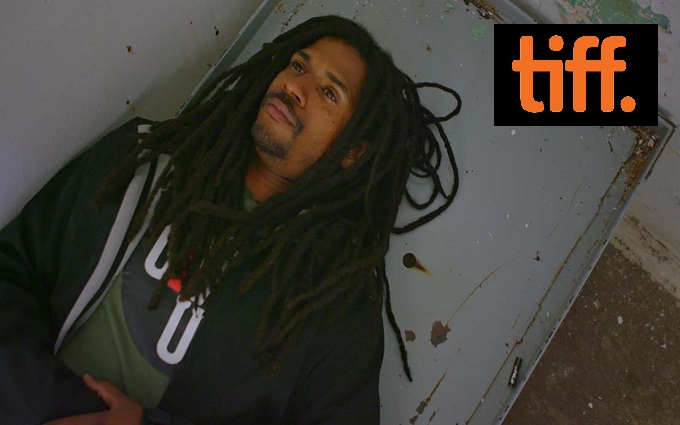40 Years A Prisoner Review TIFF 2020

The Plot
This HBO documentary provides an explosive and detailed account of the bitter 1978 stand-off between an activist commune in the heart of Philadelphia and the city’s police. The lengthy siege ended with the death of a police office and nine MOVE activists receiving maximum sentences of between 30 and 100 years in prison. This film explores that controversial history through the eyes of Mike Africa Jr, whose parent both have spent 40 years in prison while he fights for the release and to bring attention to their story.
The Good
This ruthlessly detailed and unflinching documentary does an effective job at documenting both sides of the raging conflict and a forensic examination of its infamously violent collusion. The battle between the anarchic MOVE compound and the allegedly vicious police force is wildly relevant to the current war raging across the United States between BLM and ANTIFA activists and increasingly embattled law enforcement agencies. Explosive racial tensions and how mainstream society deals with irreconcilable aggressive political activism are still deeply urgent questions in 2020.
While this film obviously shine’s a fierce light on the apparent violence of police tactics of that era and the grim reality of subsequently incarcerating people almost indefinitely, it is also commendable that the film is even handed in presenting the balanced perspective of those who identify ways in which the MOVE commune pushed authorities into unavoidable conflict through their own actions which were fuelled by largely incoherent rhetoric and legitimately dangerous criminal behaviour.
Frequently in the film the opinion is voiced that MOVE’s fate was largely self-inflicted and could have been easily avoided had they chosen to simply deescalate the conflict and abandon their literal fortress stronghold. Even those who support a more balanced punishment for terminally imprisoned members will likely be forced at times to concede that there is some truth to that shared blame.
The film does an excellent job at putting an intimate human face onto a seemingly endless war between activists, law enforcement and the justice system. This documentary is not just an act of lopsided political propaganda, it is a true examination of all facets of this violent incident and the decades long struggle for freedom that followed it for one family.
The Bad
This documentary will likely not succeed in shifting people’s deep rooted and firmly entrenched views on which side bears the moral weight for the brutal conclusion of this conflict. At the time of these events American society remained fiercely divided between those who saw MOVE as violent cult that pushed the city’s police into regrettable but unavoidable action and those who saw the actions of the police as being unjustifiably brutal and oppressive.
In 2020 against a backdrop of seemingly endless riots across America in response to perceived police brutality it’s hard to ignore the parallels. But this particular piece of history will not do much to change people’s hysterically passionate views on why so many American cities are being set aflame both literally and metaphorically. It’s a sad truth that many the aggressively polarized views showcased in this documentary are just as alive in the present day.
While the film may convince audiences that many people within the US prison system are being cruelly denied even the possibility of release in ways that are wildly disproportionate to their actual crimes, it’s perhaps unfortunate that the MOVE group will still be considered deeply unsympathetic by many even after 4 decades. It’s a point often acknowledged even by those who support the long struggle to release the convicted MOVE members that their fiery rhetoric and confrontational behaviour confuses the issue of their ‘innocence’ and distracts from any guilt assigned to law enforcement.
The Ugly Truth
40 Years A prisoner is a well-made examination of a conflict that is eerily echoed in the present day. It is an even handed presentation of facts that will likely continue to divide opinions fiercely. It is a timely examination of the often viciously violent conflict between Black activism and authorities
Review by Russell Nelson